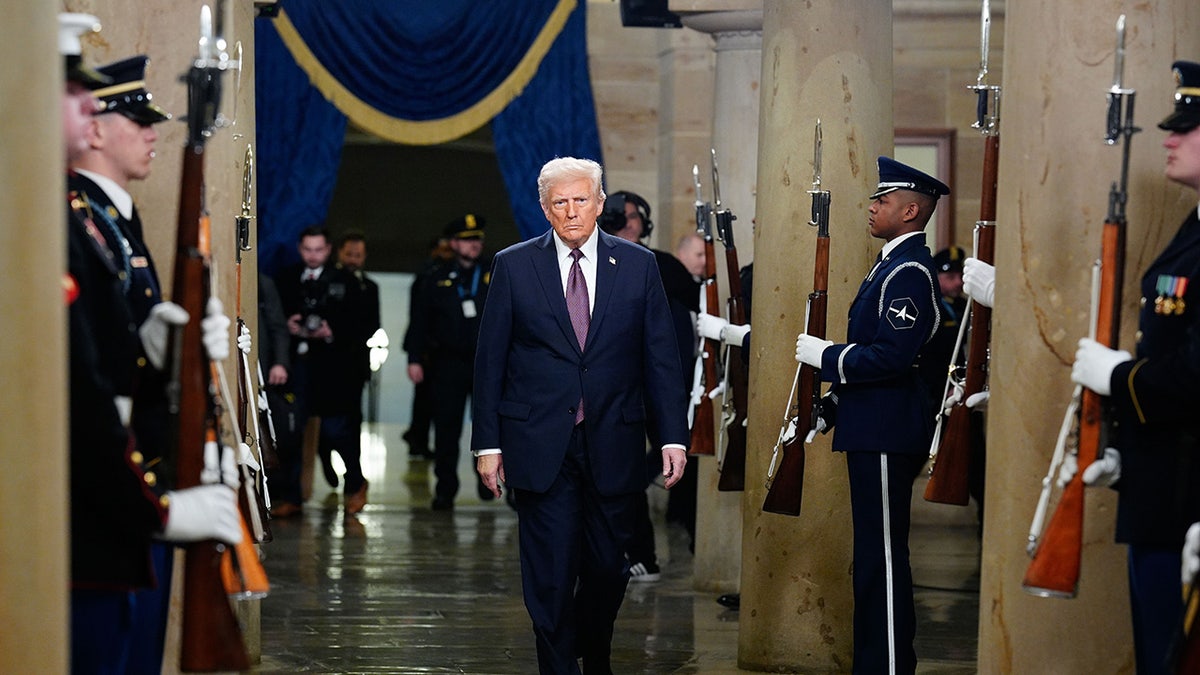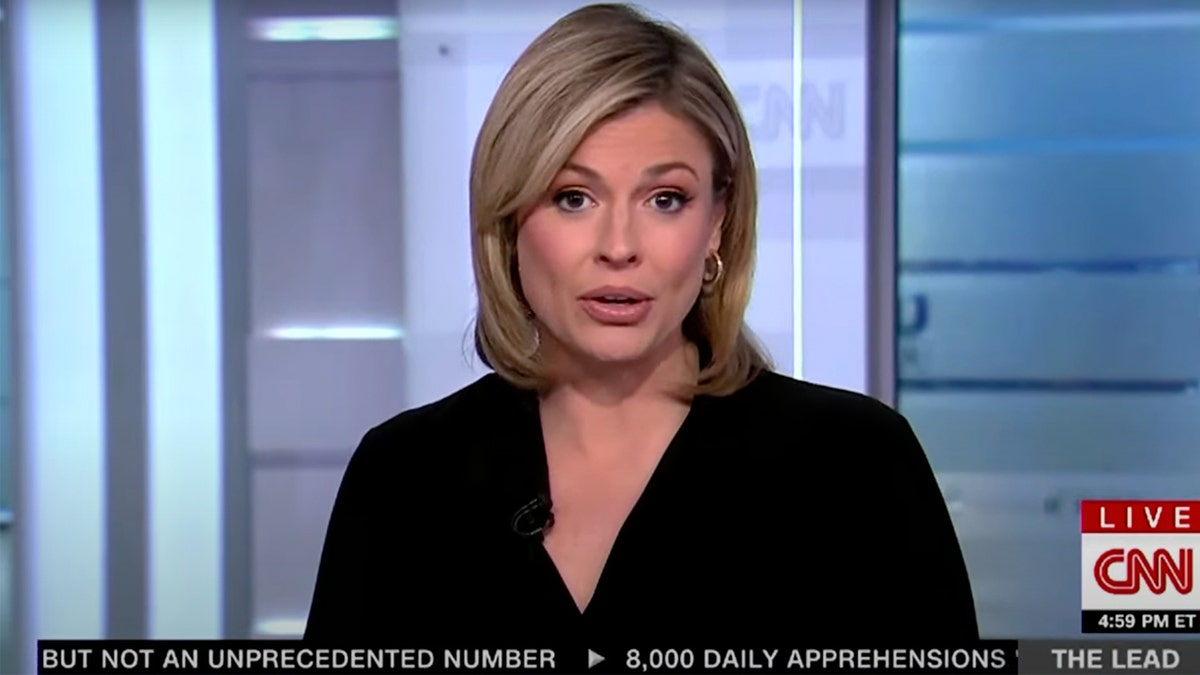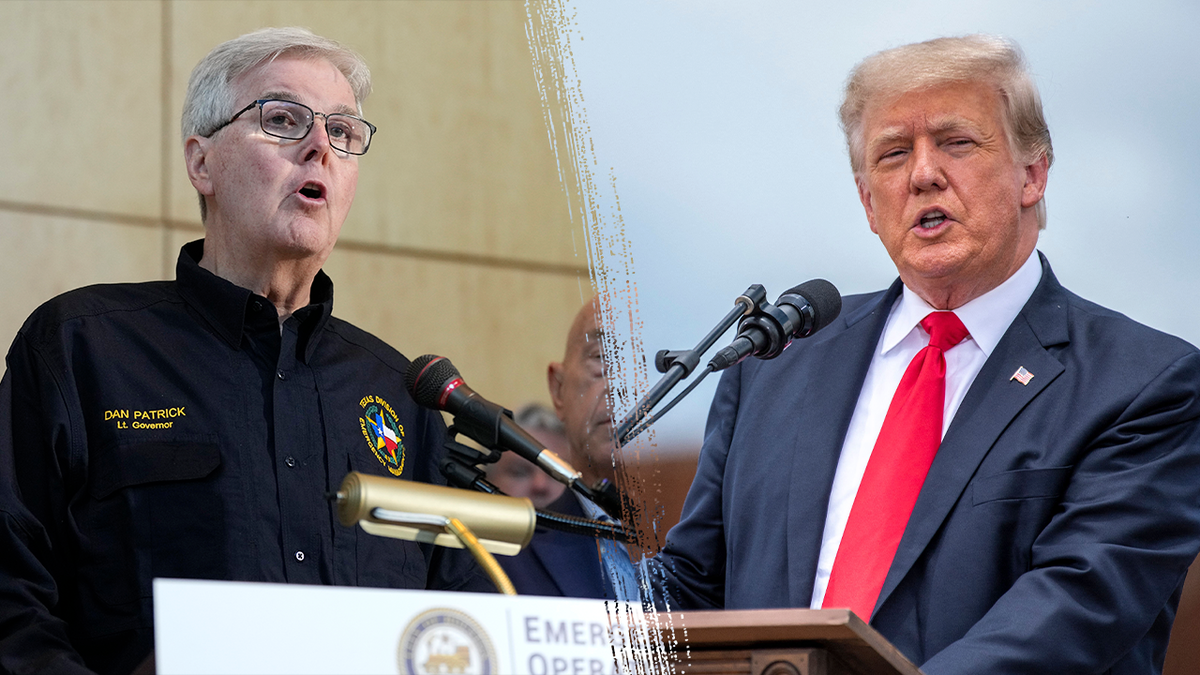Donald Trump's second inaugural address, delivered as he was sworn in as the 45th and 47th President of the United States, has been dubbed by some as the "Golden Age of America" speech. Drawing comparisons to Abraham Lincoln's evocative use of imagery from the Book of Proverbs, Trump's address centered on a "colorblind and merit-based" society, echoing the Constitution's 14th Amendment and the core principle of equality found in the Declaration of Independence.
This focus on equality, as Chief Justice Roberts, who administered the oath, has articulated, aims to eliminate racial discrimination by ceasing to discriminate based on race. This aligns with the fundamental American ideal that all individuals are created equal.

President-elect Trump arrives for his inauguration at the U.S. Capitol on Jan. 20, 2025. (Melina Mara - Pool/Getty Images)
The address was inherently divisive, serving as a stark contrast to the policies and direction of the previous four years under the Biden administration and even harking back to the Obama era. Trump's commitment to restoring the promise of equality under the law, as envisioned by the 13th, 14th, and 15th Amendments, sets the stage for potential clashes with opposing viewpoints.
Similar to Lincoln's second inaugural address, delivered during a nation deeply divided by the Civil War, Trump's speech tackled contentious issues. His pronouncements on the "weaponization" of the justice system, the southern border crisis, and other key topics are likely to draw criticism from certain segments of the population, particularly those on the left. However, supporters argue that these statements, while firm, address critical issues facing the nation.

President Trump gives his inaugural address during the 60th Presidential Inauguration in the Rotunda of the U.S. Capitol, Monday, Jan. 20, 2025. (Julia Demaree Nikhinson/Pool via Reuters)
The speech underscored a commitment to reclaiming border sovereignty, enforcing existing treaties, and bolstering the American military. The reference to the Panama Canal is interpreted by some as a message directed towards China. The address concluded with an optimistic outlook, envisioning a "golden age" for America. While some aspects, such as tariffs, remain points of contention, the overall emphasis on American pride and resolve resonated with many.
The promise of mass deportations of criminal aliens and addressing crime rates across the country reflects the core of the Trump campaign platform. The new administration appears to have a clear mandate to pursue these policies. The directness and unwavering resolve of the speech were praised by supporters, while its patriotic tone marked a resurgence of openly displayed national pride.








